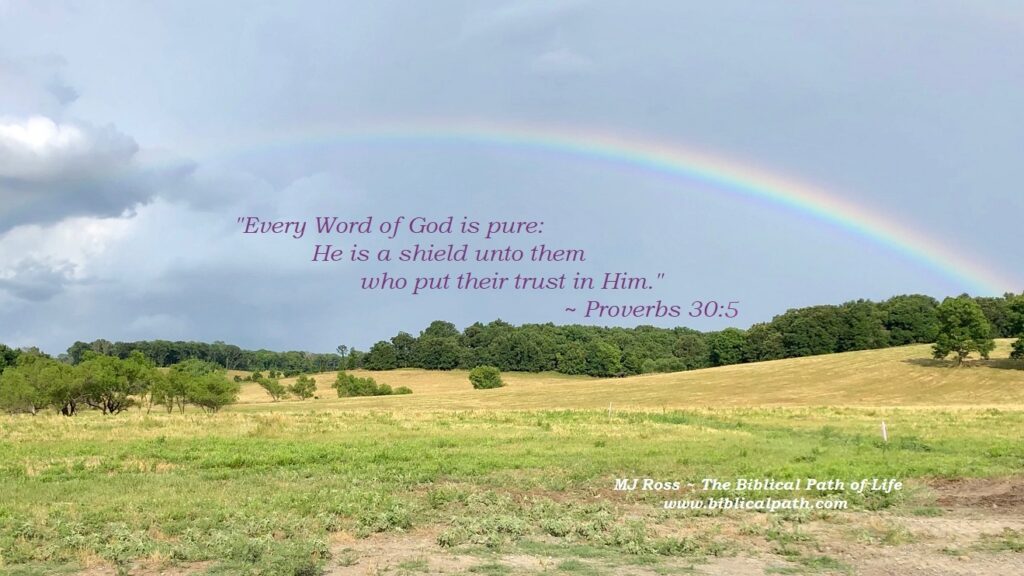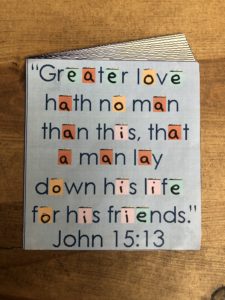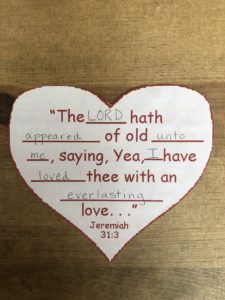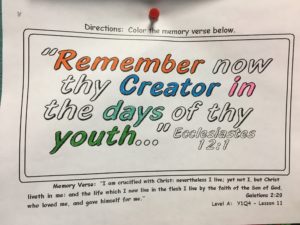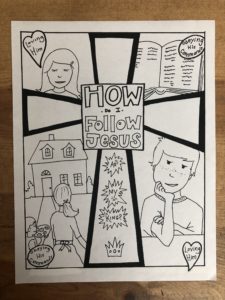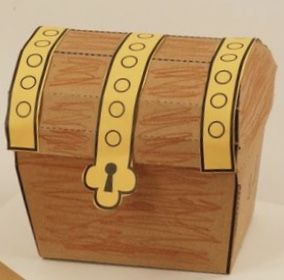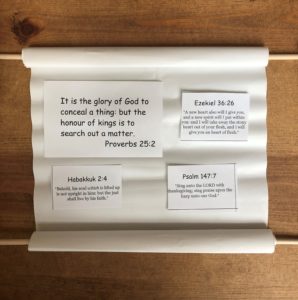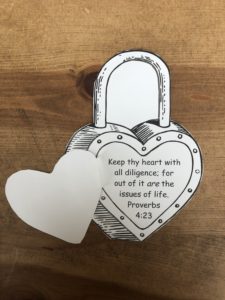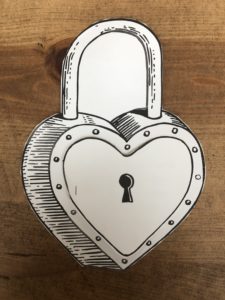
“I will sing of the mercies of the LORD for ever: with my mouth will I make known thy faithfulness to all generations.”
Psalm 89:1
Consider the following song as you read Psalm 89.
I Will Sing of the Mercies of the Lord Forever
by James H. Fillmore
I will sing of the mercies of the Lord forever,
I will sing, I will sing,
I will sing of the mercies of the Lord forever,
I will sing of the mercies of the Lord.
With my mouth will I make known
Thy faithfulness, Thy faithfulness,
With my mouth will I make known
Thy faithfulness to all generations,
I will sing of the mercies of the Lord forever,
I will sing of the mercies of the Lord.
Excerpt from The Biblical Path of Life – Year One Quarter Four, Lesson 4:
“God’s Faithfulness:
“Read Psalm 89:1–8. Do you notice anything about the first verse? “I will sing of the mercies of the LORD for ever: with my mouth will I make known thy faithfulness to all generations” (Psalm 89:1). Have you heard the song called “I Will Sing of the Mercies of the Lord forever”? The words to that song came from this Psalm. In verses 1–8, the writer recognized the great mercies of God. “For who in the heaven can be compared unto the LORD?” (verse 6a), “or to thy faithfulness round about thee?” (verse 8b). We must make God’s faithfulness known to “all generations” (parents and grandparents must pass it on!). One way we can show with our mouths is through singing (as verse 1 revealed).
“Read Psalm 89:15–18. Notice verse 15: “Blessed is the people that know the joyful sound: they shall walk, O LORD, in the light of thy countenance.” Joyful sound here means “acclamation of joy.” We will be blessed if we know that sound of joy. Then we shall “walk” in the light of God’s countenance (light here refers to “life in contrast to death”,and countenance means“in the presence of the Lord. See Genesis 3:8, where God came to walk with Adam and Eve in the garden when they hid from the presence of the Lord; because of their sin”). When we know how to sing of God’s mercies and make that known to all people, we can be blessed people who walk with God. God is our king (see verse 18).”
After reading Psalm 89, considering the song “I Will Sing of the Mercies of the Lord Forever”, and reading the excerpt from “The Biblical Path of Life” Bible study, consider the following thoughts.
In Psalm chapter 89, it would be good to remember the promise God made to David in 2 Samuel 7:5-15. Then reread verses 3-4. “3. I have made a covenant with my chosen, I have sworn unto David my servant, 4. Thy seed will I establish for ever, and build up thy throne to all generations. Selah” (Psalm 89:3-4). David knew God would keep his promise.
In this chapter, not only is the covenant of God remembered but the faithfulness of God is recalled over and over. However, more than that, we are encouraged to not only walk with God but to make God’s faithfulness known to our children and our children’s children.
Have you recognized God’s faithfulness and shared these things with your children or grandchildren?
